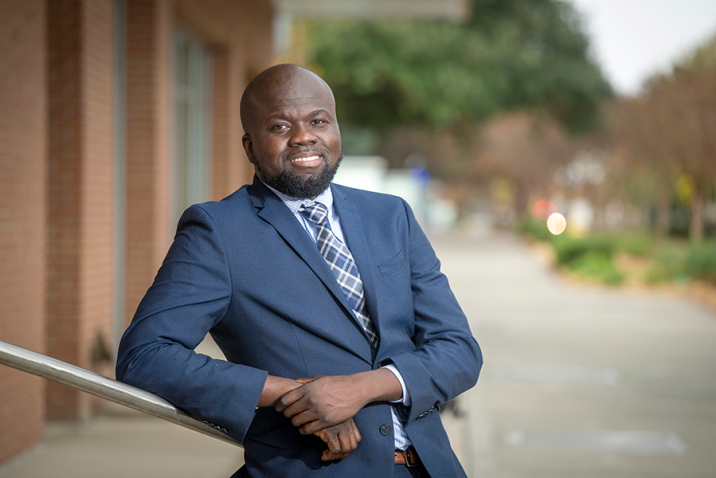Augusta University celebrates fall 2025 graduates
“When we obtain these degrees, a chapter in all of our lives will be closing, but a new one will emerge," says Landon Gilbert.
A New School for a New Era in Public Health
A commitment to public health education, research and practice has long been a part of Augusta University’s institutional DNA. Building on this history, President Brooks A. Keel announced the creation of the School of Public Health at Augusta University. As a standalone academic unit, the new School of Public Health will unify related programs across the institution and add coherence to public health research and scholarship. The School of Public Health will prepare the next generation of public health professionals, scholars and leaders while amplifying Augusta University’s impact on population health across Georgia and around the world.
School of Public Health
The Augusta University School of Public Health will expand knowledge of population health and reduce health disparities through education, research, service, workforce development, and community engagement.
The Augusta University School of Public Health will be recognized as a leader in public health innovation and discovery to improve population health and quality of life in Georgia and beyond.
Nulla vitae libero pharetra augue. Etiam porta malesuada magna mollis euismod. Eget lacinia odio sem nec elit.
Nulla vitae libero pharetra augue. Etiam porta malesuada magna mollis euismod. Eget lacinia odio sem nec elit.

“When we obtain these degrees, a chapter in all of our lives will be closing, but a new one will emerge," says Landon Gilbert.

"My specialty area is maternal-child health, and I do a lot of work with maternal mortality prevention,” says Marlo Vernon, PhD.

"If anyone asks me where they’ll find support, I have evidence that AU provides it," says Obed Koomson, PhD.

“Through IGIVE, we’ve come together to build a brighter future for our students and community," says Jeff Snow.
Our community offers you access to cutting-edge advancements in research, scholarship, and public health practice; a top-tier education with an on-the-ground mission.